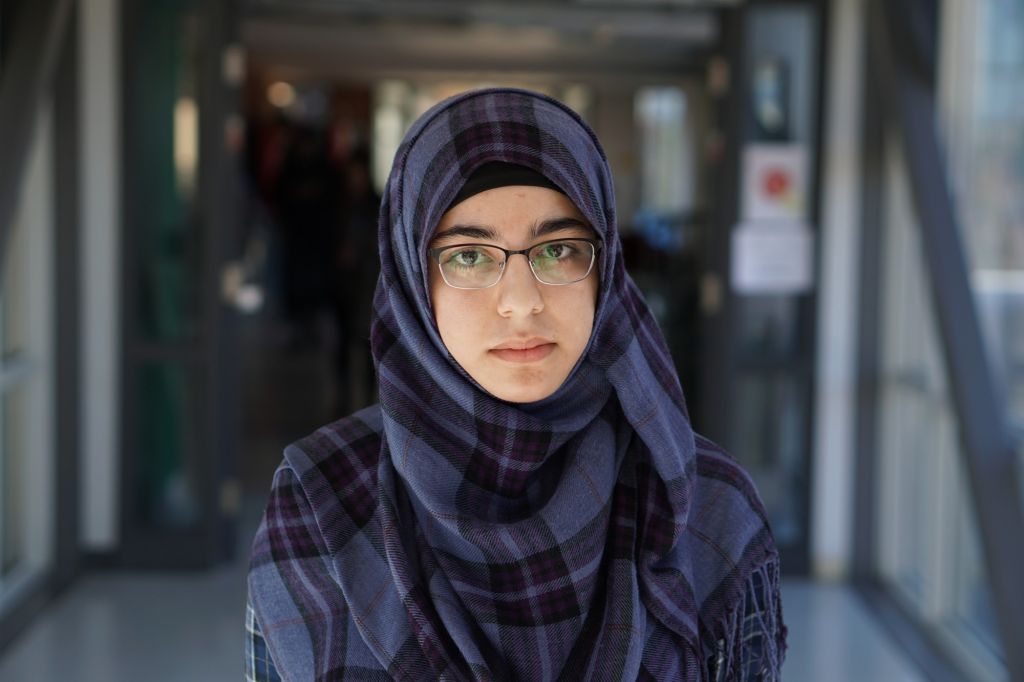I came to Canada in 2015 with a post-secondary background education in zoology. I pursued to continue my studies in the science field, but my admission at the University of Ottawa was not accepted because I did not have my evaluations done.
That was just one of the many struggles I was about to face as an international student looking for a Canadian education. There is a different education system in Canada than Pakistan. After two years of taking english courses at Algonquin, I chose a different program – journalism. It still requires hard work at every step, but without hard work there are no gains.
It took a longer time — two years — for me to start getting an education because I didn’t know the system, it was too different from Pakistan’s. Aside from that, I had to adjust to the Canadian “way” of doing things.
This is a tolerant and welcoming Canada, but most international students are not aware of this from the start — from coming here for the pursuit of education to trying to become a part of this culture. We come to Canada without being aware of the way of living here and other expenses that are to be covered by working.
However, to work effectively, we have to be competent enough to be able to cope with the Canadian education system.
That opinion is backed up by the Canadian government.
According to the Canadian Government’s Policy Horizons Canada, “In order for all Canadians to adapt and succeed in the coming decade, they will need the right skills and competencies required in a society that is increasingly complex.”
Now that we know struggle is inevitable, we try hard to work on our goals no matter what level of hard work is required in education, and all the fields of life. We are aware of Canada’s multicultural society now. It is easy to preserve our customs here while being respectful.
This is a chance given to every individual by Canada, but the credit goes to the education system and our teachers too who are patient enough to carry along with us.
Living in Canada and studying here, I have learned that there are no shortcuts in life. Also that when there’s a will, there’s a way! Being the first in my family to continue with post-secondary education, I would like to be able to help my siblings and possibly other international students.
It seems that I am not alone.
According to the 2016 reports by the Canadian Bureau for International Education, there is 92 per cent increase in the international students enrolled in Canada between 2008- 2015. Over 60 per cent originate from the top five countries of citizenship (China, India, France, South Korea, and the United States). In 2015, 75 per cent of international students in Canada were pursuing post-secondary studies, of which 67 per cent were pursuing a university education, 25 per cent a college education.
The Organisation for Economic Co-operation and Development has projected that, with demographic changes, international student mobility is likely to reach eight million students per year by 2025.
For people who have overcome hurdles with a lot of hard work and a strong will, I believe it is an honour to keep up with the success that comes along.
For international students who come to Canada to learn, three things can happen: there must be a relative or a family member to tell them what to do once they’re here, or they may have a post-secondary senior in their family to be followed. Third, they have to take a step themselves for starting higher studies in Canada.
I am happy to say that I have taken that final step, and today, I’m satisfied to be on the road to success.


